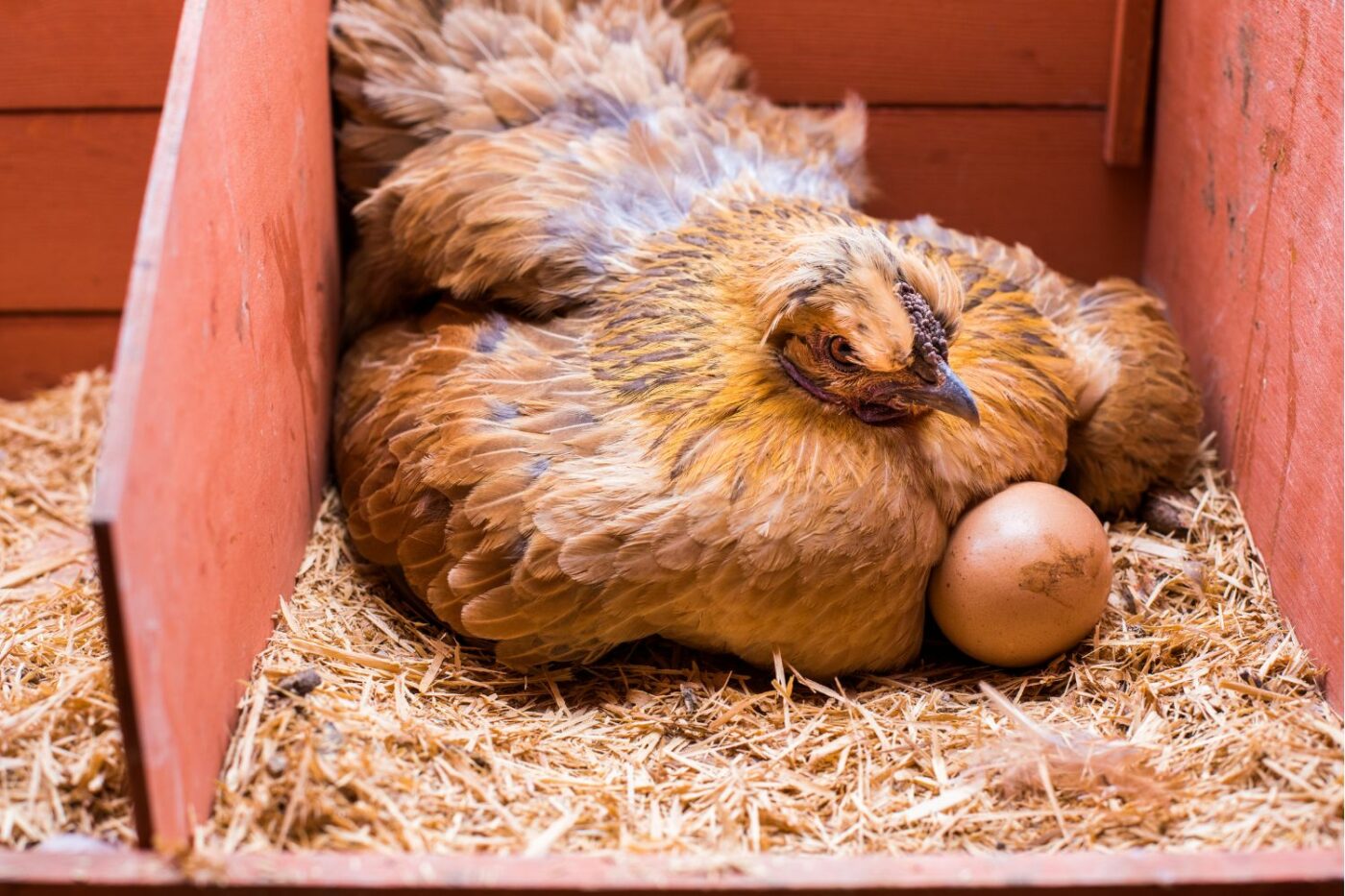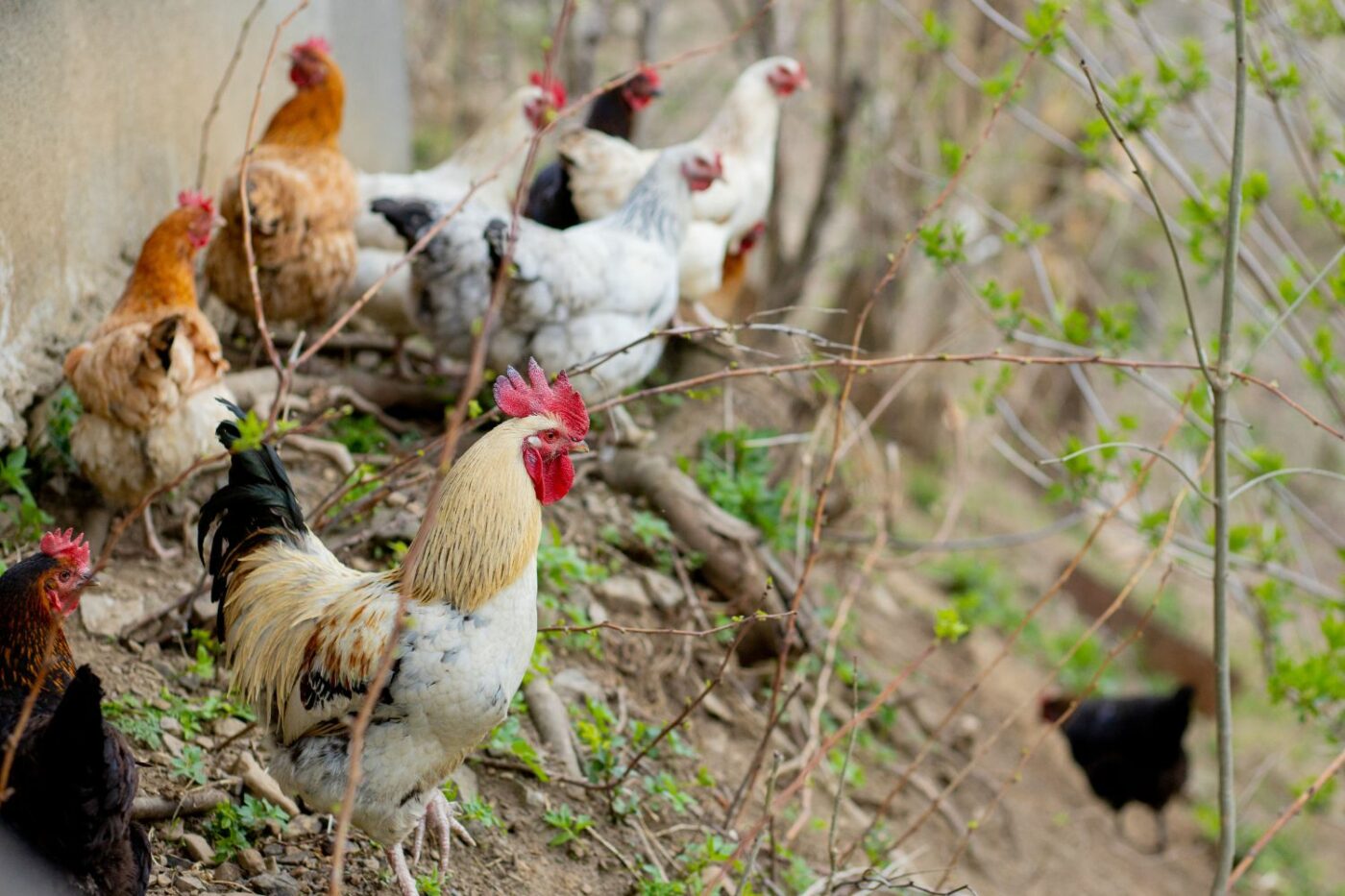For any backyard chicken keeper, the day your hens start laying eggs is an exciting milestone! After patiently caring for and feeding your chicks for 4-7 months, waking up to find that very first egg is incredibly rewarding. But when exactly do chickens start laying eggs? And what can you do to encourage your pullets to start laying sooner?
Typical Egg Laying Timeline
Most chicken breeds will start laying eggs between 18-24 weeks old. However, some heritage breeds mature more slowly and won’t start until 30 weeks or older. Here’s a general timeline:
-
16-18 weeks Pullets may start “practicing” egg laying by going through the motions without producing an egg This helps prep their bodies
-
18-22 weeks Most breeds will lay their first small, “pullet eggs” during this period These eggs will be smaller than normal
-
22-24 weeks: Regular sized eggs will usually start around this time.
-
24+ weeks: Egg production continues ramping up to peak production. This peak lasts for 1-2 years before slowly declining with age.
What Impacts When Chickens Start Laying
Many things influence the beginning of egg production in backyard chickens. The three biggest factors are:
1. Breed
Some chicken breeds mature much faster than others. In general, heritage breed chickens take longer while commercial production breeds are ready sooner. Here are typical lay ages for popular breeds:
- 16-18 weeks: Commercial White Leghorns, Sex Links, Isa Browns
- 18-22 weeks: Plymouth Rocks, Orpingtons, Australorps
- 24+ weeks: Brahmas, Cochins, Silkies
So if having eggs sooner is important, choose a quick maturing production breed like a Leghorn.
2. Diet & Health
A nutritious diet with sufficient protein and calcium is essential for pullets to start laying. Feeding a complete layer feed or ration formulated for chicks and pullets ensures they get the nutrients they need. Providing oyster shell calcium supplement a few weeks before their first eggs helps too.
On the flip side, poor nutrition or health problems can significantly delay egg laying. Parasites, diseases, chronic stress, and malnutrition all inhibit development. Maintaining clean housing, access to fresh air and sunlight, and regular health checks helps prevent issues.
3. Season & Day Length
Egg production is heavily influenced by season and light exposure. Like most birds, chickens lay the most eggs when days are long and temperatures are moderate. This mirrors spring and summer conditions when prey is plentiful in the wild.
To maximize laying potential, use artificial lights to provide 14-16 hours of daylight for pullets. Set lights to come on in early morning and shut off at dusk. Providing light stimulus soon after hatching helps them start laying sooner during short winter daylight hours.
Encouraging Early Egg Laying
While you can’t force a pullet to start laying until her body is ready, you can help set her up for success:
-
Choose a quick maturing, productive breed suited for egg laying.
-
Feed a high quality complete feed to ensure proper nutrition.
-
Provide oyster shell calcium supplement 2-4 weeks pre-lay.
-
Maintain excellent housing conditions for health and minimal stress.
-
Use artificial lighting to simulate spring/summer daylight length.
-
Wait until nearer 20 weeks before being concerned about lack of eggs.
Finally, once that first egg arrives, resist the urge to collect and eat it right away! Let your pullet continue sitting on her first few eggs until she loses her broodiness and starts laying more regularly. Removing eggs too quickly can discourage her natural nesting instincts.
The Reward of Fresh Eggs
Caring for chicks requires patience. But once your hen house begins producing, you’ll have a steady supply of delicious fresh eggs! The wait is well worth it.
So keep an eye on your coop starting around 18 weeks, as you never know when you’ll find that first surprise egg. Happy hatching and collecting!

When Do Chickens Start Laying Eggs?

A chicken typically starts laying eggs around 18 weeks. But it is important to understand that time is a crucial factor. A hen will not produce eggs until she feels ready. This question is also variable based on how you are getting your chickens. If you are buying them outright, then ask the seller about age and breed. If you’re going the other route and breeding your chickens, you can educate yourself more about your hen’s breed and see what the standard is for them. A newborn will not be able to produce eggs; for most breeds, 18 weeks to 6 months is a close range of when your hens can start laying eggs.
What Can Affect Egg Production?

Timing and Season
Egg production in chickens is influenced by many different factors. When do chickens start laying eggs based on the timing of the season? While some breeds can produce eggs year-round, others stop for certain times of the year. December and wintertime, in general, is a period when most birds will stop laying eggs. This is because cold months are not the best time for raising chickens. A hen’s body recognizes this and stops egg production. Molting, the process of shedding old feathers, also reduces egg-laying. Instead of the body focusing on producing eggs, it focuses on growing new feathers. This process usually takes a month or two.
Chicken Pecking Order
When do chickens start laying eggs based on flock dynamics? As you probably know, chickens follow a pecking order in a flock. No matter the size of your flock, there will always be a queen who overlooks the flock (if you don’t have a rooster in your flock). If you interfere with their flock dynamics by adding or removing chickens, this will throw your flock’s cycle out of order. So be careful when you decide to adjust your flock.
When Do Chickens Start To Lay Eggs? 3 Easy Ways To Tell
FAQ
How do I know when my chickens are ready to lay eggs?
Can you eat the first eggs your chickens lay?
Yes, the first eggs your chickens lay are safe to eat, though they may be smaller and sometimes have a slightly different shape or appearance.
Why are my 20 week old chickens not laying?
It’s normal for some chickens to not start laying eggs until they are older than 20 weeks, especially if they are from certain breeds or if they are experiencing seasonal changes like shorter daylight hours. Generally, chickens begin laying eggs between 18 and 24 weeks old, but some breeds can take longer.
What is the 90 10 rule for chickens?
This rule suggests that 90% of a hen’s diet should consist of a high-quality, complete layer feed that provides a balanced and nutritious foundation. The remaining 10% can be supplemented with healthy additions such as organic scratch grains, oyster shells, fresh vegetables, herbs, and bugs.
